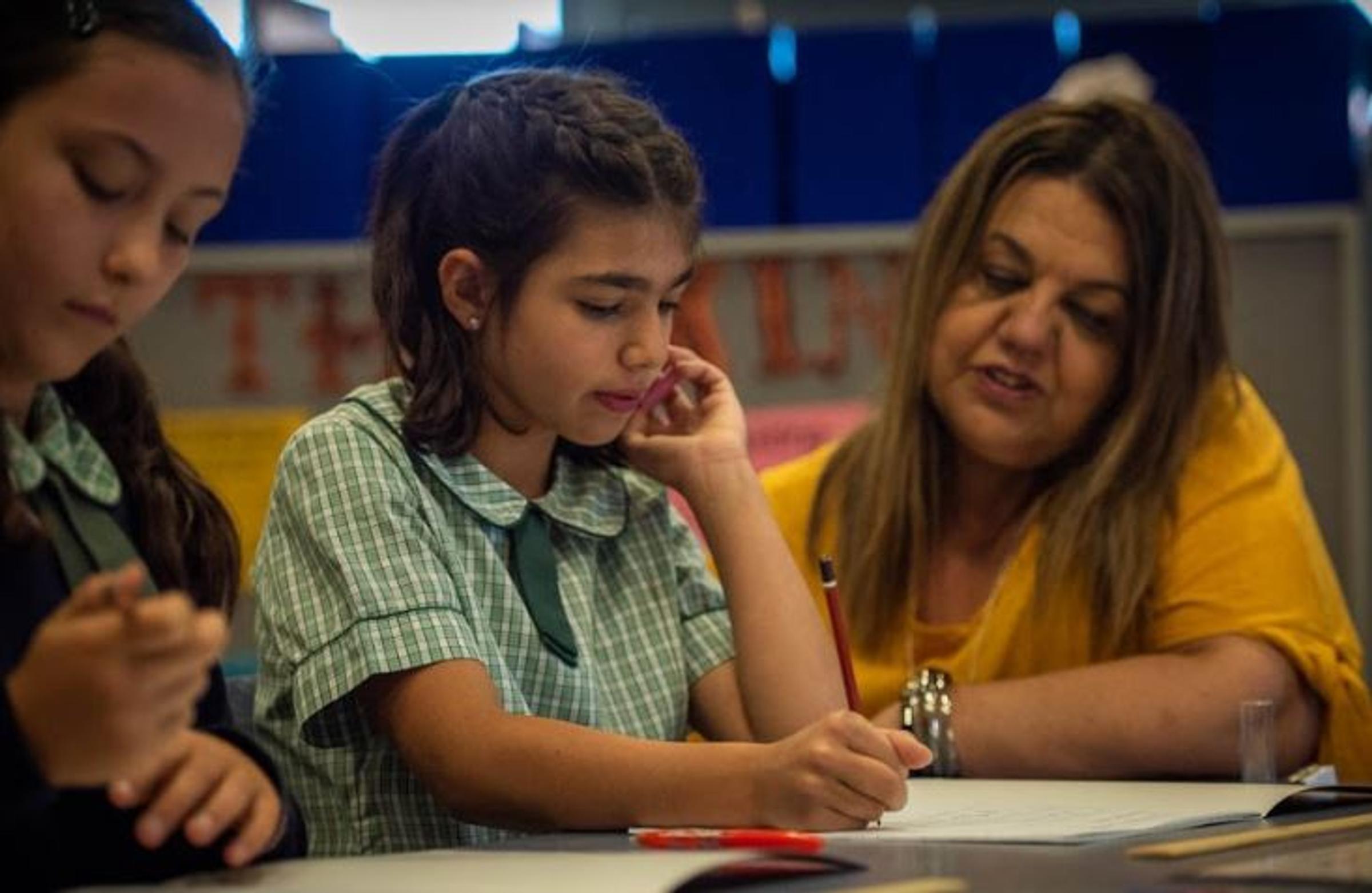Student Wellbeing
Student Wellbeing encompasses the following areas: Student Engagement, Student Connectedness, Classroom Climates, Inclusion and Prevention to Intervention

Student Wellbeing
Student Wellbeing encompasses the following areas: Student Engagement, Student Connectedness, Classroom Climates, Inclusion and Prevention to Intervention
Sensory play is extremely important for a child’s development. It provides children with an exciting tactile and sensory experience that inspires their curiosity, allows them to explore the world around them and enhances their learning, language and creativity. Children learn through experimentation and discovery and messy play encourages children to explore new textures and manipulate different materials through touch. Not only does messy play enhance a child’s cognitive development and learning, but it also improves a child’s physical development as well!
Fine Motor Skills
Sensory play helps young children develop their early motor skills. When children squeeze soft dough, scoop up sand or make marks in crazy foam, they are learning to refine their fine motor skills by using the muscles in their fingers, wrists, arms, toes and shoulders to make small movements. Children also practice coordinating their fine motor skills by combining muscles together when picking up different objects throughout messy play.
Gross Motor Skills
Taking sensory play to the next level also helps to develop children’s gross motor skills as well. When children jump in water, throw sand or produce large scale mark making with bigger objects such as brooms, they are also enhancing their gross motor skills. Children use the larger muscles in their arms, legs, feet and body to make bigger movements which support balance, coordination and strength.
Muscle Strengthening
When children practice fine and gross motor skills in sensory play, they are strengthening their muscles and developing muscle control in their body. Introducing children to a variety of messy play activities will build up strength in their different muscle groups. Mark making in paint helps children improve the muscles in their hands and fingers, which also prepares them for holding a pencil and controlling these movements for writing, whereas, activities such as stomping in mud will strengthen the muscles in their legs.
Hand Eye Coordination
Experimenting with sensory play through touch also enhances the children’s hand-eye coordination. Certain sensory play activities prompt and improve children’s concentration, such as cutting shapes out of play doh or throwing goo at a target, which helps children develop their hand-eye coordination.
Body Control & Balance
Sensory play is an extremely hands-on sensory activity, which enhances children’s body control and balance through the large and small movements that they make when they play. Simple actions, such as holding a paint brush over an easel or pouring water from one container to another, helps children focus their fine and gross motor skills, which improves their control and balance with practice. Spatial Awareness Sensory play also makes children more body aware, which gives them the opportunity to learn about boundaries. When participating in group messy play activities, such as playing imaginative play kitchens with outdoor mud kitchens, children begin to respect others' space and develop social skills.
Some websites to get ideas for sensory play:
https://www.oac.edu.au/news-views/sensory-play/
https://www.abc.net.au/kidslisten/ideas/earlylearning/sensory-play/9517662
https://www.parentingforbrain.com/sensory-activities-importance-sensory-play/